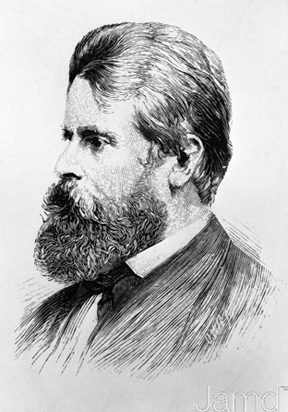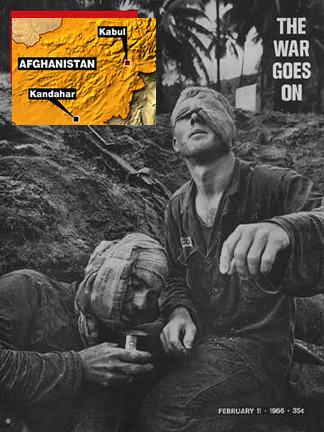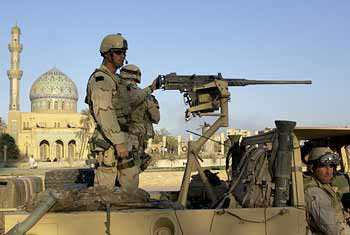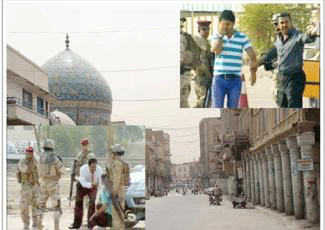
Photo of Khawla Hadi, Kimberly Wedeven Segall and Marwa al-Mtowaq. Iraqi Voices Panel, March 2009; photo by Luke Rutan, Seattle Pacific University.
Iraqi Voices Project: Poetry Workshops, Alternative History, and Community Awareness
by Kimberly Wedeven Segall
The dead . . .
come in shifts . . .
in our dreams . . .
over the houses we left behind.–Dunya Mikhail, The War Works Hard
How can universities work alongside communities to build understanding of the Iraqi refugee crisis? Historically, Iraq as a state was established in 1920, centered on Baghdad, and controlled first by the British and then by Iraqi governments. As the force of the state made demands upon the people, it caused its residents “to rethink existing political identities, values, and interests,†to engage in “strategies of cooperation, subversion, and resistance,†[1] as Charles Tripp argues, and to construct narratives “to understand and to justify their political engagement.†[2]
How do memories challenge the narratives the West has presented on Iraq? How does family memory record and preserve history, after so much history has been destroyed in the post-occupation loss of valuable historical records and objects from Iraq’s museums?
The Iraqi Voices Project, 2008-2009, was designed as a workshop forum. Reading and responding to Iraqi poetry, the workshop created a forum for telling stories of displacement in Iraq and building awareness of the challenges in relocating in Seattle, Washington. Continue reading Iraqi Voices Project






